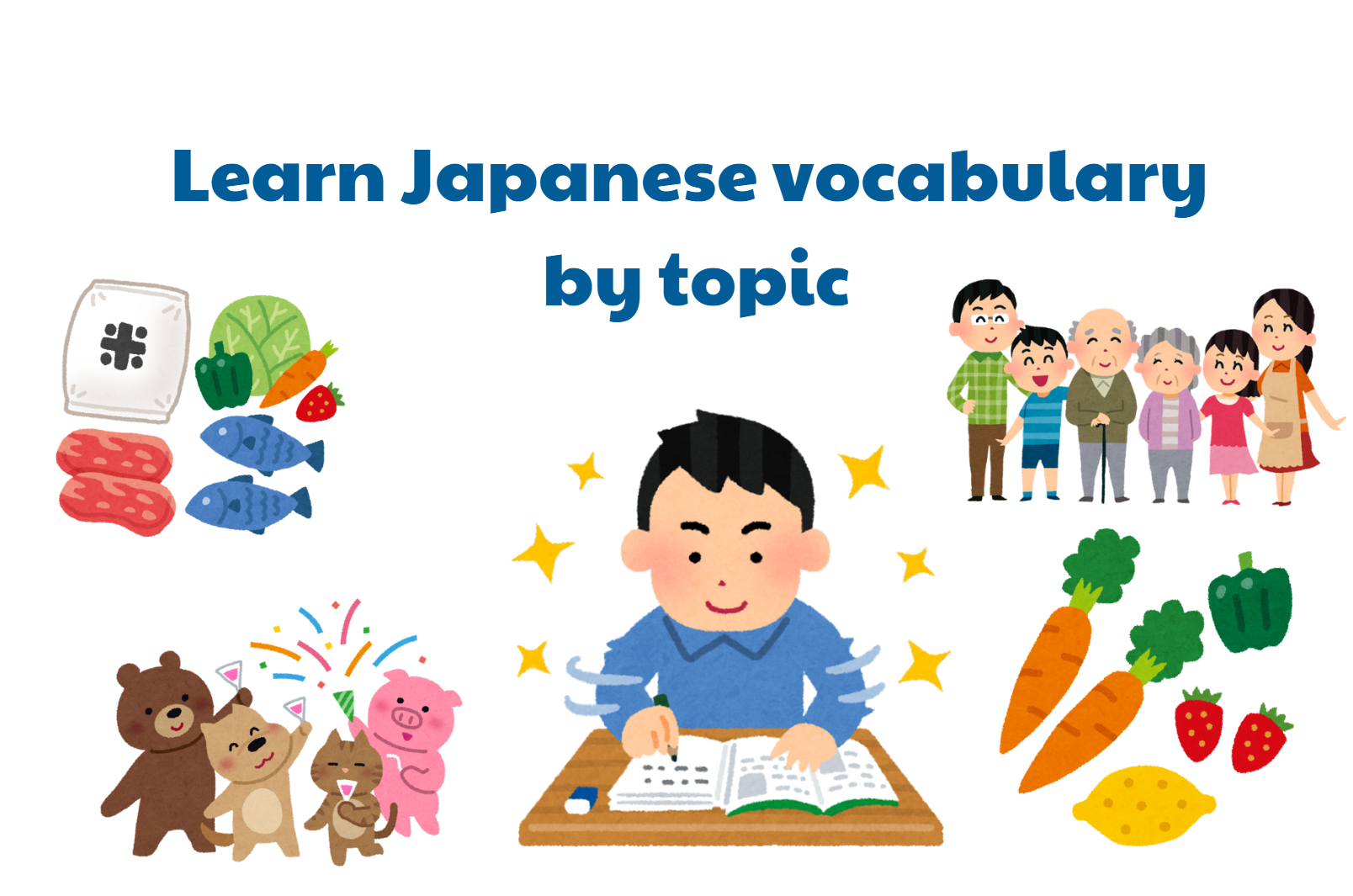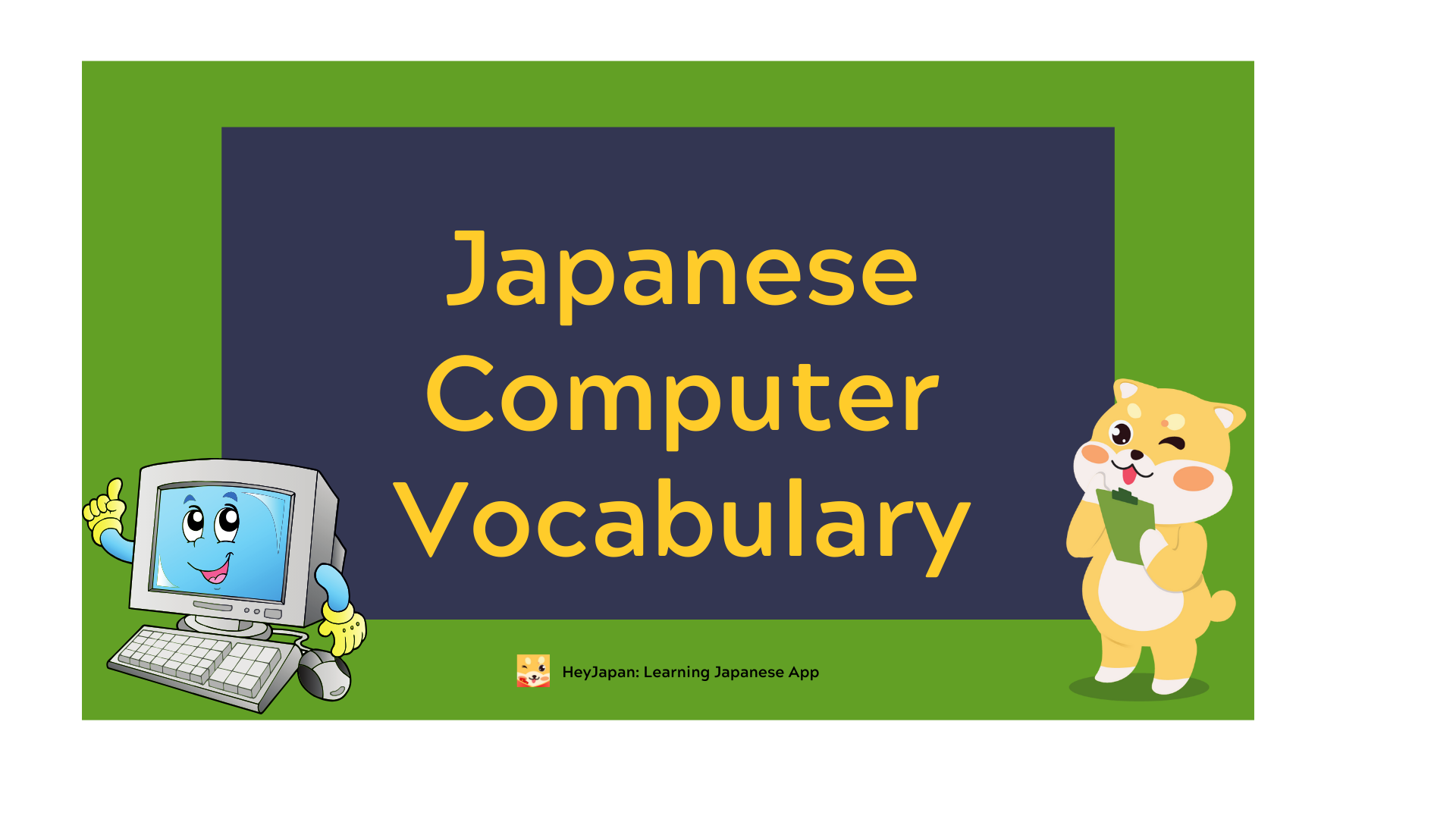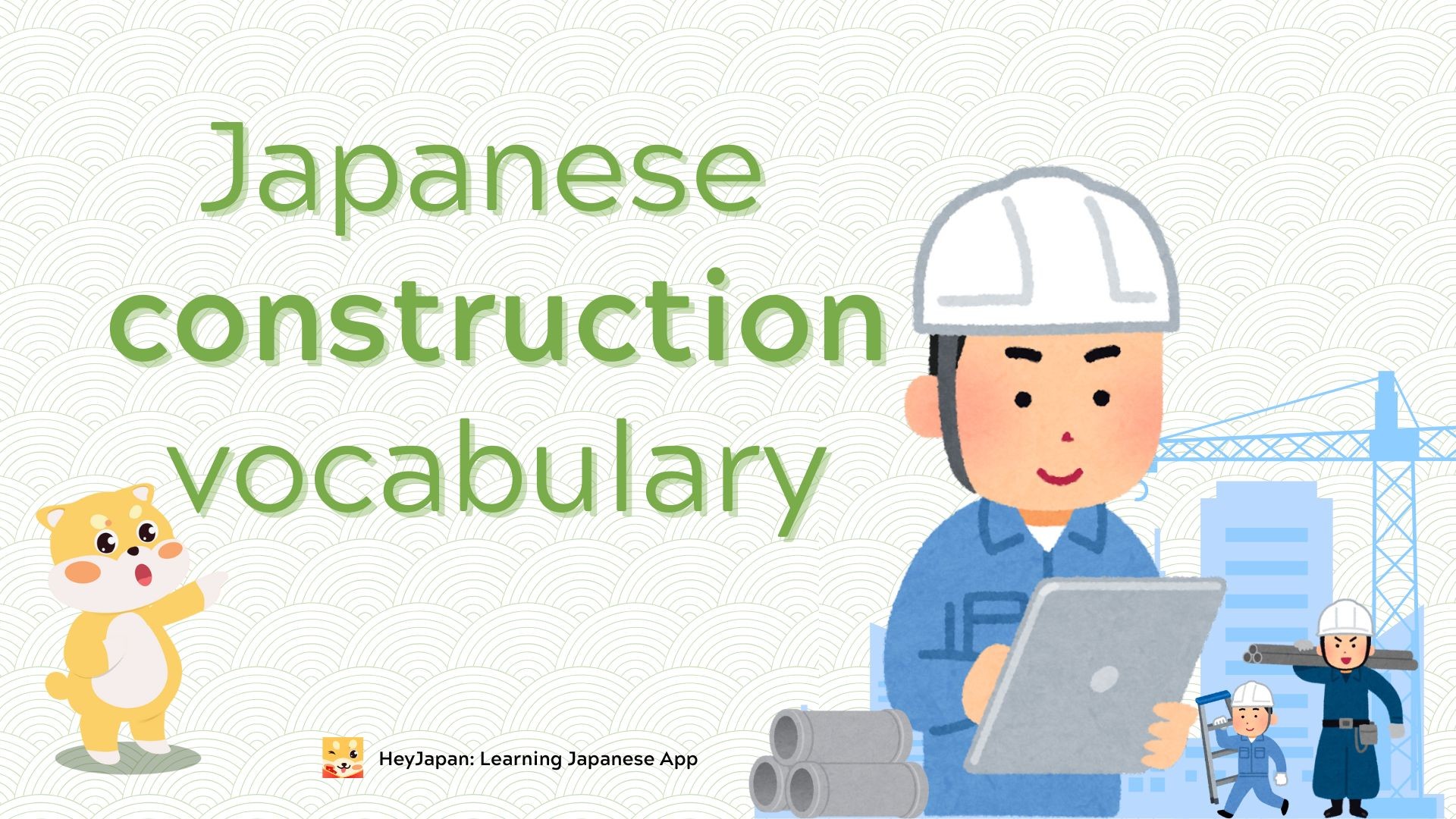- Why Is Vocabulary So Important in Learning Japanese?
- Why Learn Japanese?
- Economic Opportunity
- Cultural Enrichment
- Why Is Japanese So Hard to Learn?
- 15 Effective Ways to Learn Japanese Vocabulary
- 1. Use Flashcards with Spaced Repetition (SRS)
- 2. Leverage Japanese Vocabulary Apps
- 3. Study Vocabulary in Context
- 4. Practice Listening to Songs and Podcasts
- 5. Create Your Mnemonics
- 6. Group Words by Theme
- How to Make Vocabulary Stick
- 7. Write Words by Hand
- 8. Use Words in Conversations
- 9. Build Simple Sentences
- 10. Read Simple Japanese Texts
- Long-Term Strategies for Vocabulary Mastery
- 11. Stick to a Daily Study Plan
- 12. Practice with Spaced Repetition
- 13. Stay Motivated by Tracking Progress
- 14. Immerse Yourself in Japanese
- 15. Connect with a Community
- My Learning Routine
- Recommended Tools and Resources
- Apps
- Websites
- Community Support
- FAQs About Learning Japanese Vocabulary
- 1. How to learn Japanese vocabulary quickly?
Learning Japanese vocabulary is one of the most exciting yet challenging parts of mastering the language. When I first began my journey, I was overwhelmed by the sheer number of words, the complexity of Kanji, and the different scripts.
However, I soon realized that with the right methods, learning Japanese words doesn’t have to be intimidating. In this guide, I’ll share 15 proven tips to how to learn Japanese vocabulary effectively, as well as the tools and resources that helped me succeed.
Why Is Vocabulary So Important in Learning Japanese?
Vocabulary is the building block of communication. Without it, forming sentences or understanding others becomes impossible. However, Japanese vocabulary presents unique challenges:
- Complexity: Many words have Kanji representations, which require additional effort to learn.
- Contextual meanings: Words often change meaning depending on usage and context.
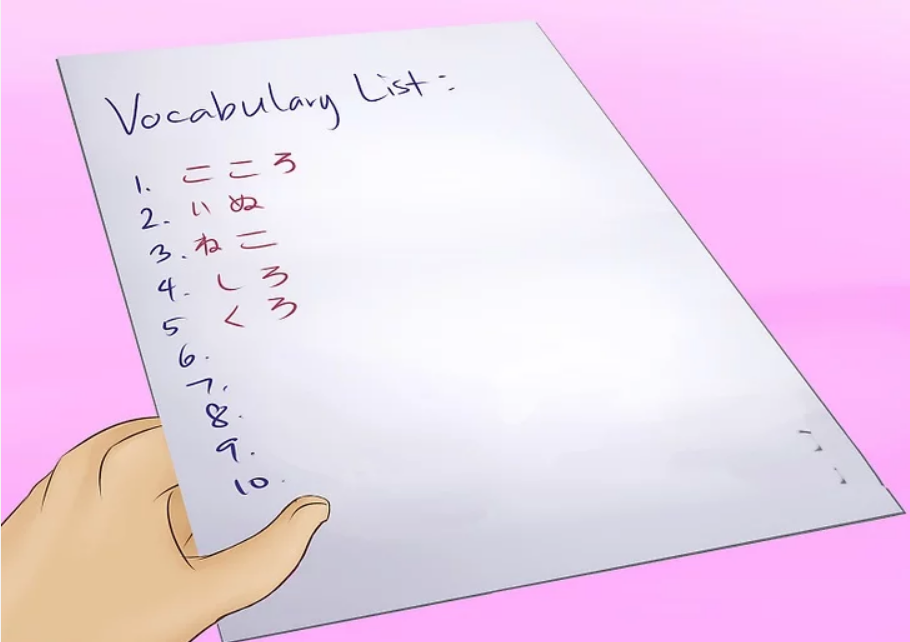
Why Learn Japanese?
Before diving into vocabulary strategies, it’s important to understand why learn Japanese in the first place. Learning Japanese not only opens up opportunities for personal growth and career advancement, but it also enhances your understanding of a rich and unique culture.
Economic Opportunity
Japan is the world’s third-largest economy and is home to many global brands like Toyota, Sony, and Panasonic. Learning Japanese opens the door to working in Japan, or with Japanese companies abroad.
A 2020 survey by the Japan External Trade Organization (JETRO) found that over 70% of foreign businesses in Japan reported that speaking Japanese was important to their success.
Cultural Enrichment
Japan’s pop culture, including anime, manga, and video games, has a massive global following. By speaking Japanese, you gain direct access to these cultural products in their original form, without relying on translations.
You can read more about the benefits of learning Japanese in this blog post on why learn Japanese.
Why Is Japanese So Hard to Learn?
Many learners wonder why the Japanese language is hard to learn. While the language is fascinating, it does present unique challenges:
✅ Three writing systems: Hiragana, Katakana, and Kanji require separate learning approaches.
✅ Sentence structure: Japanese follows a Subject-Object-Verb (SOV) order, different from English (SVO).
✅ Honorifics and politeness levels: The use of formal and informal speech can be tricky for beginners.
15 Effective Ways to Learn Japanese Vocabulary
1. Use Flashcards with Spaced Repetition (SRS)
Tools like Anki and Quizlet use spaced repetition to ensure you review words just before you forget them. This method helped me retain words longer and made learning more efficient.
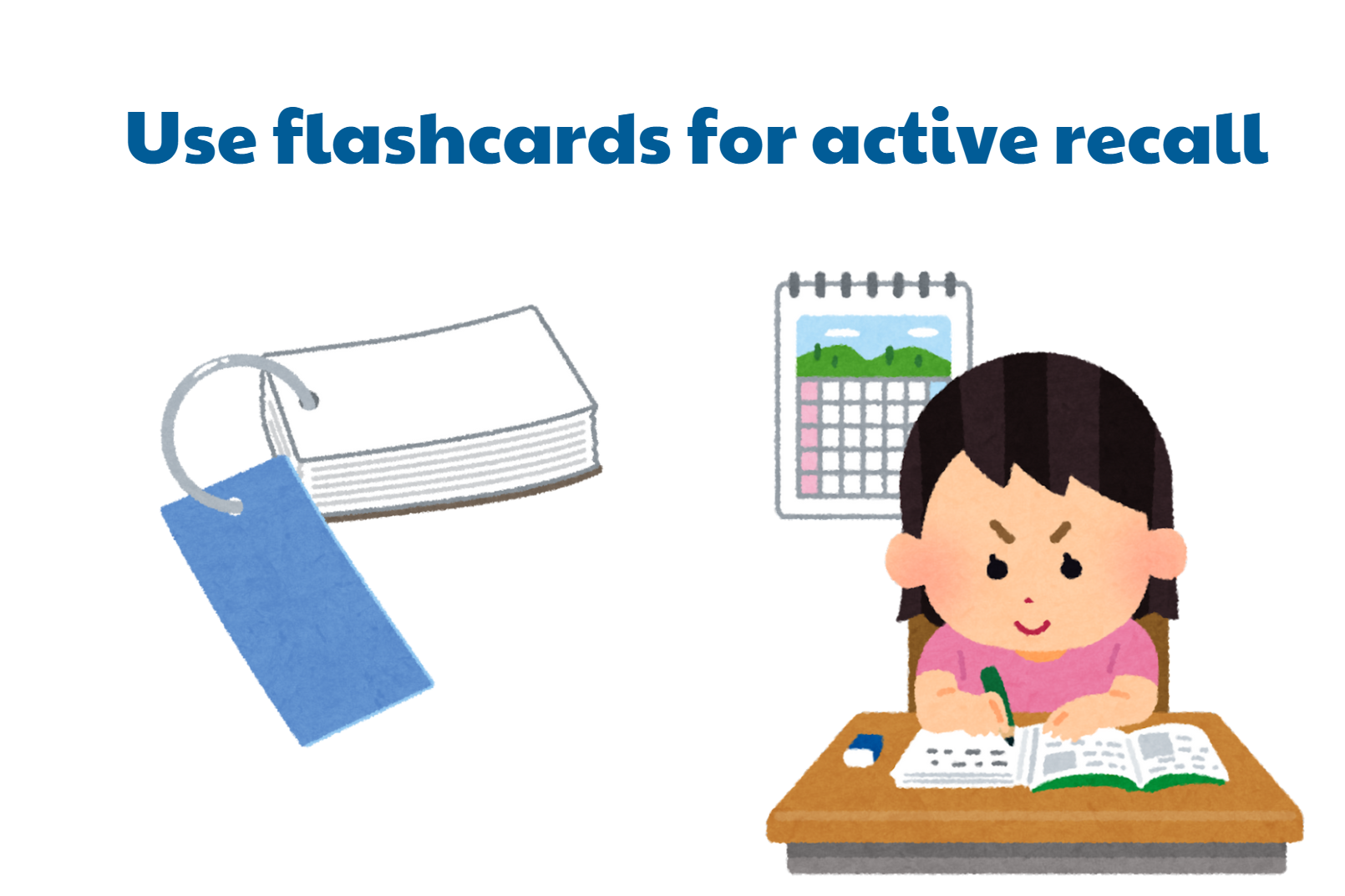
2. Leverage Japanese Vocabulary Apps
Apps like Mazii and Wanikani are lifesavers. Mazii is perfect for vocabulary lookups and quick quizzes, while Wanikani focuses on teaching Kanji and related words systematically.
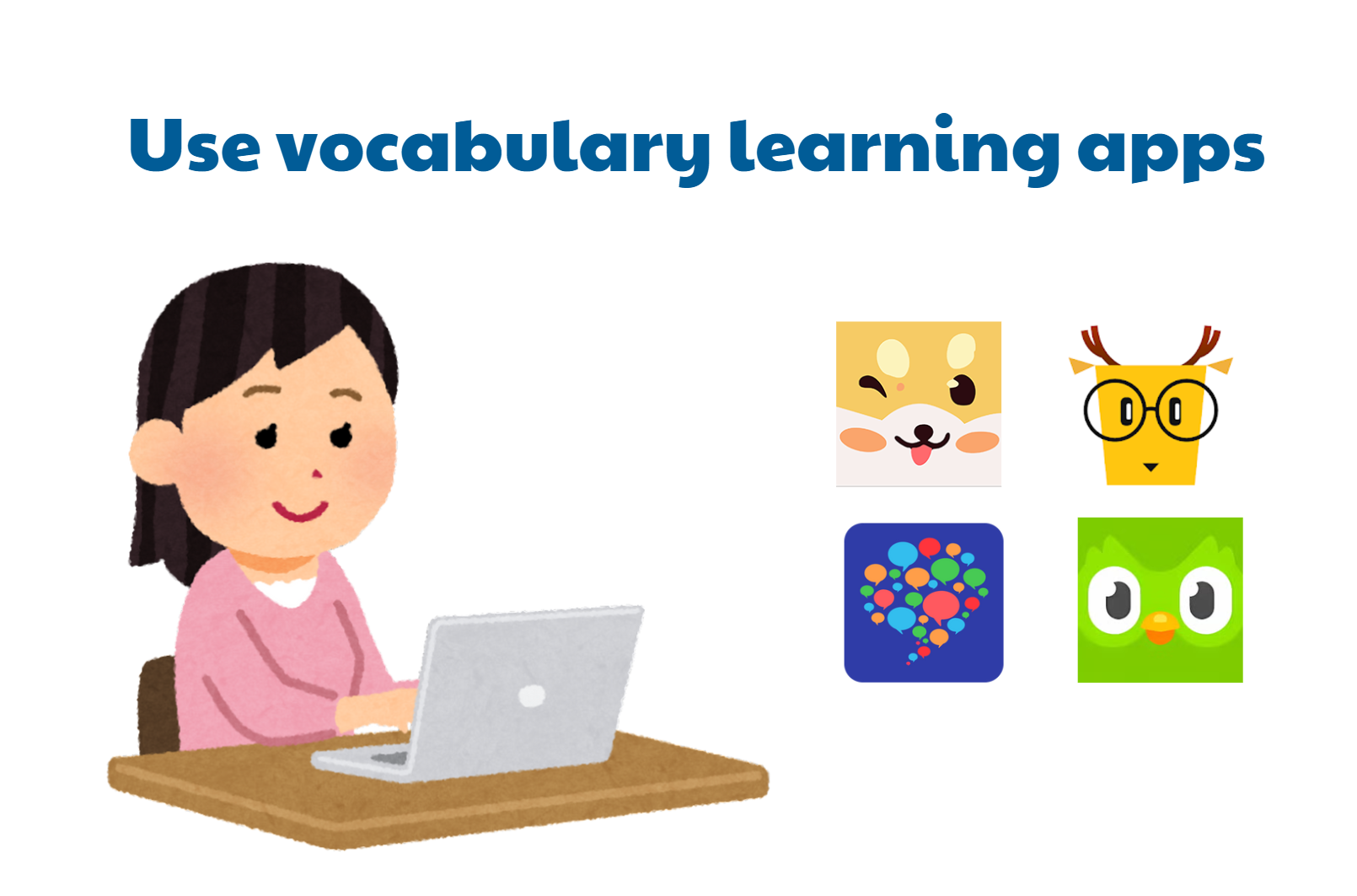
Read More: 16 phrases to say "Hello" in Japanese
3. Study Vocabulary in Context
Learning words in isolation is less effective than seeing them in action. I often watched anime with subtitles, noting words like かわいい (kawaii)—"cute," or read the manga to pick up the casual language.
4. Practice Listening to Songs and Podcasts
Podcasts like Nihongo Con Teppei and Japanese songs helped me get used to everyday vocabulary while training my ears to recognize words.
5. Create Your Mnemonics
Making up funny or unique associations helped me remember tricky words. For instance, I imagined a cat saying “Ne-ko meow!” to remember ねこ (neko)—"cat."

6. Group Words by Theme
Learning vocabulary in groups made it easier to connect related words. For example:
- Food: たべる (taberu) — "to eat," おいしい (oishii) — "delicious."
- Travel: きっぷ (kippu) — "ticket," でんしゃ (densha) — "train."
How to Make Vocabulary Stick
7. Write Words by Hand
Writing each word repeatedly helped me reinforce spelling and improved my Kanji recognition. I kept a dedicated notebook just for practicing new vocabulary.
8. Use Words in Conversations
Whenever I learned a new word, I tried to use it immediately in a sentence or conversation. Platforms like Italki allowed me to practice with language partners.
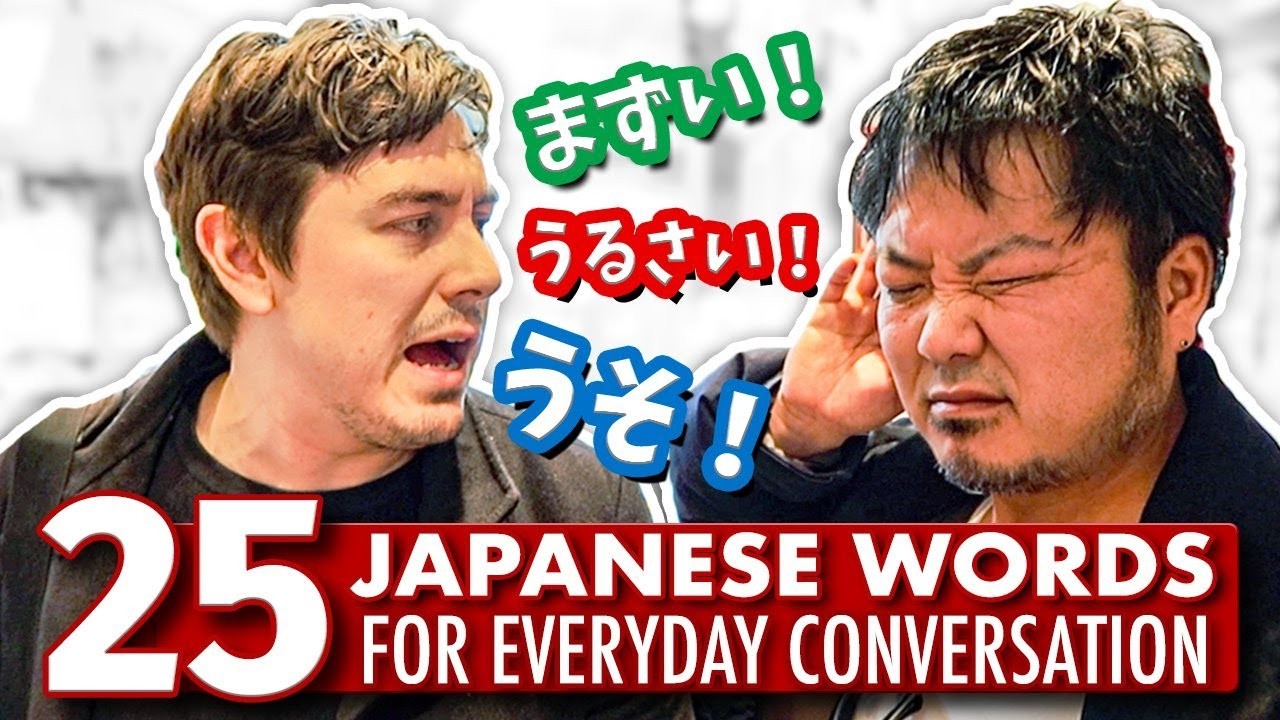
9. Build Simple Sentences
Instead of memorizing words alone, I wrote simple sentences to understand how they worked in context. For example:
- あさごはんをたべました (Asagohan o tabemashita) — "I ate breakfast."
10. Read Simple Japanese Texts
Children’s books, graded readers, and short stories provided me with an accessible way to see how vocabulary is naturally used.
Long-Term Strategies for Vocabulary Mastery
11. Stick to a Daily Study Plan
Consistency is key. I set a goal of learning 10 new words per day. Over a month, that added up to 300 words!
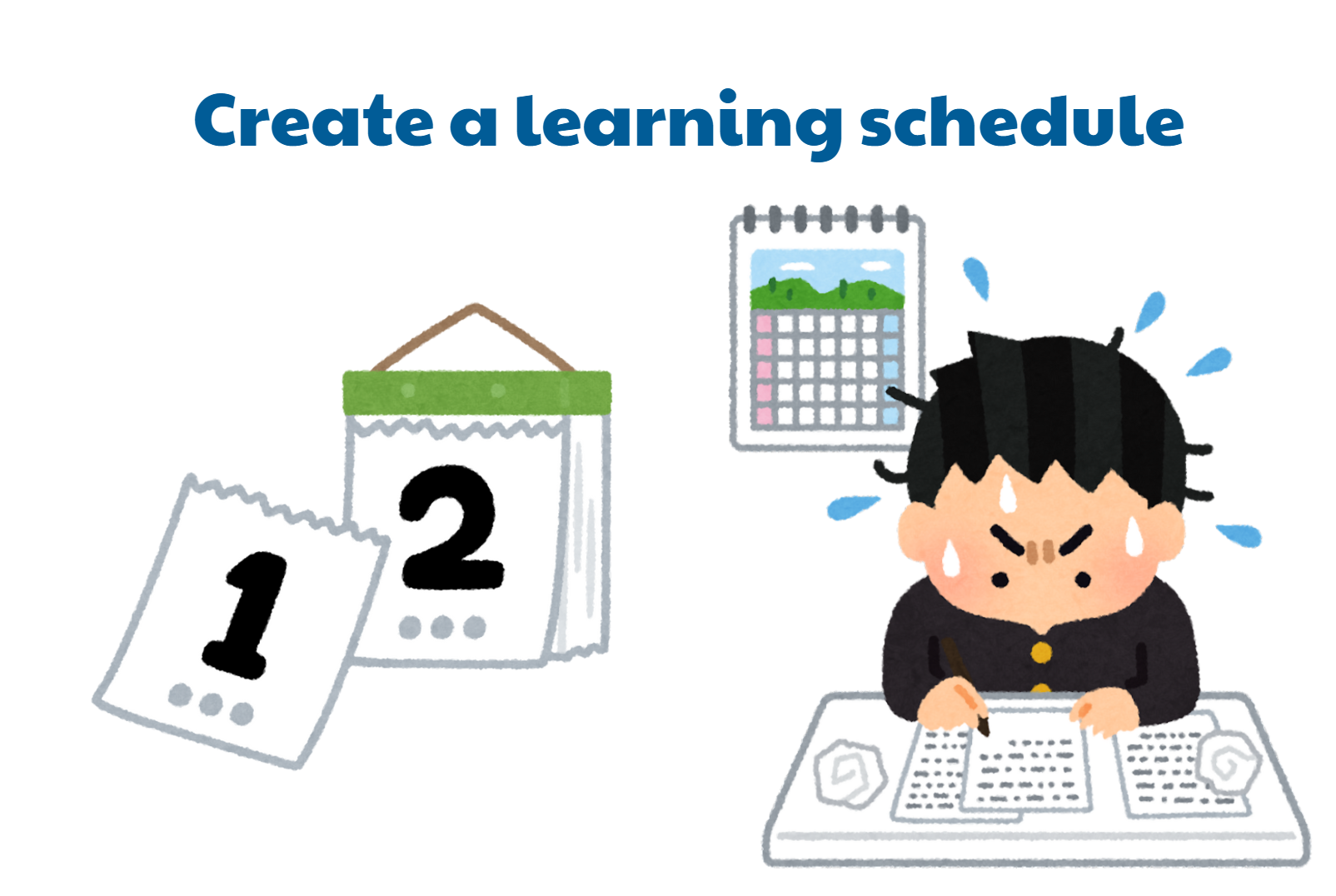
12. Practice with Spaced Repetition
Reviewing words regularly ensured that I didn’t forget old vocabulary while learning new ones.
13. Stay Motivated by Tracking Progress
Using apps like Anki or keeping a journal helped me see how many words I had learned, which motivated me to keep going.
14. Immerse Yourself in Japanese
When I traveled to Japan, I realized how much I retained simply by using the language daily—ordering food, reading signs, and speaking with locals.

15. Connect with a Community
Joining language-learning groups on Reddit or Quora introduced me to new tips, and sharing progress kept me inspired.
My Learning Routine
Here’s the daily routine that worked for me:
- Morning (15 minutes): Review flashcards on Anki.
- Afternoon (30 minutes): Write 5 new words by hand.
- Evening (20 minutes): Watch a Japanese show and note down new vocabulary.
This structure kept me consistent while balancing my other commitments.
Recommended Tools and Resources
Apps
- Anki: Best for flashcards with spaced repetition.
- Mazii: Comprehensive for vocabulary lookups and quizzes.
- Wanikani: Ideal for Kanji-focused vocabulary learning.
Websites
- Tofugu: Comprehensive Japanese language guides.
- Japan Switch: Detailed tips for learning Japanese vocabulary.
Community Support
- Reddit: Join r/LearnJapanese for tips and discussions.
- Quora: Explore insights and advice on learning Japanese vocabulary.
FAQs About Learning Japanese Vocabulary
1. How to learn Japanese vocabulary quickly?
Use spaced repetition tools like Anki, and immerse yourself in Japanese media such as anime, songs, and podcasts.
2. How to learn basic Japanese words?
Start with daily-use words like こんにちは (konnichiwa)—"hello" and ありがとう (Arigatou)—"thank you."
3. How to learn Japanese phrases and sentences?
Pair vocabulary with simple phrases to understand context. For instance:
- たすけてください (Tasukete kudasai) — "Please help me."
Learning Japanese vocabulary is a rewarding journey that becomes manageable with the right strategies. By following these 15 tips, you’ll not only expand your vocabulary but also build a solid foundation for fluency. Remember, consistency and immersion are your best friends.

